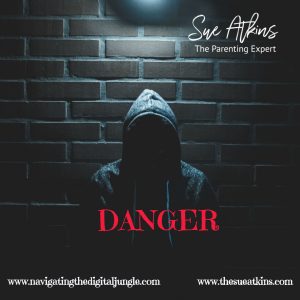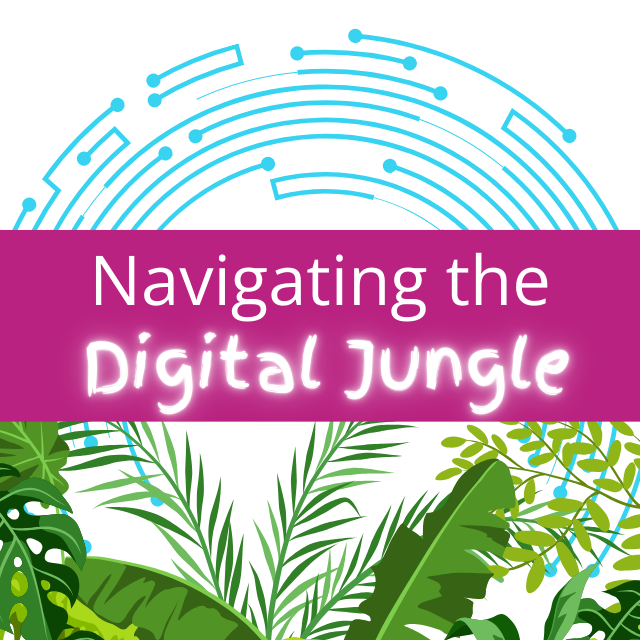
Big news: 4chan is taking legal action against Ofcom over the UK’s Online Safety Act.
For many parents, 4chan may not even be on the radar — but it’s one of the internet’s most unfiltered corners. Anonymous, largely unmoderated & notorious for harmful content, it’s definitely not a safe space for children or teens.
So why does this matter to families?
It shows how hard it is to regulate the internet when platforms are global, but laws are national.
Even if the UK sets stronger safety rules, sites like 4chan are fighting back — meaning harmful spaces may still be easily accessible to our kids.
Parents need to be aware that these sites exist, that they spread memes and trends that spill onto mainstream platforms & that children can be exposed without even seeking them out.
What is 4chan?
4chan is an anonymous online imageboard launched in 2003
It started as a place for sharing Japanese comics and anime but quickly expanded into a hub for all sorts of discussion boards — from harmless hobbies (music, photography, video games) to more controversial ones
Unlike Facebook or Instagram, users don’t need an account. They post anonymously, which makes it very hard to trace who is behind the content
Why parents need to know about it:
Unfiltered content – There’s little to no moderation. Kids can stumble across graphic images, pornography, violent content, hate speech, or extremist material within seconds
Anonymous culture – The anonymity can encourage trolling, bullying & harmful “prank” behaviour, without accountability
Meme factory – Many internet memes start here, but so do toxic online trends. Some later spread to mainstream platforms like TikTok or Instagram.
Gateway to darker spaces – Some boards have been linked to radicalisation, misogyny, or extremist communities. For a curious or vulnerable young person, it can be a slippery slope
No parental controls – Unlike YouTube or Instagram, there are no built-in safety settings for parents to manage.
Is it dangerous for kids?
Yes, in many ways. While not every board is harmful, the platform as a whole is not designed for children or teens. It exposes them to content far beyond what’s appropriate & can normalise toxic online behaviour
👉 For parents:
Treat 4chan like an “18+ unfiltered back alley of the internet.”
If kids mention it, open up a non-judgemental conversation:
“I’ve heard about 4chan. What have you seen or heard about it?”
“Some spaces online can be really harmful or full of extreme ideas — what do you think about that?”
👉 My takeaway: regulation matters, but parental awareness & open conversations are still the most powerful tools we have.
💬 What do you think?
Should governments be stricter in blocking harmful platforms — or does it all come back to education and parental guidance?
Read more about it here:
https://lnkd.in/eVq9RtPi

